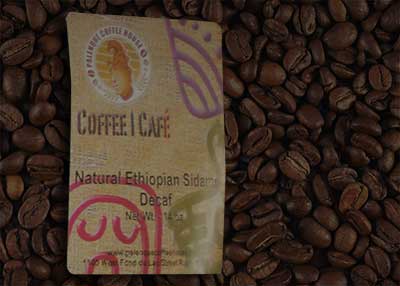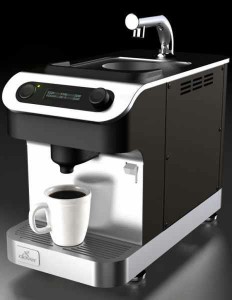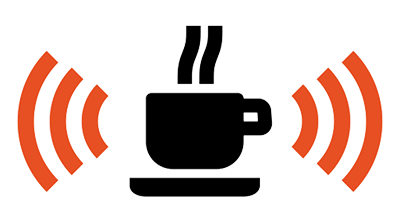Coffee Spreads to Europe

From this point, the spread of coffee is difficult to track along a linear storyline – that’s how quickly coffee’s popularity started taking off. Coffee found an entry point into Europe by way of Italy, which would open its first official coffee house the mid-17th century, and moved as far east as Indonesia. Coffee was also brought to the Americas as the exploration of the New World continued. The first historical European mention of coffee comes from the aforementioned German Leonhard Rauwolf in 1573.
A Sidenote in History: Coffee and Pope Clement VIII
Coffee’s spread in Europe was largely due to it being accepted as a Christian beverage by Pope Clement VIII – an issue for many Europeans that had prevented the beverage spreading even more quickly. In fact, Pope Clement VIII had been beseeched by counselors to decry the coffee as a “bitter invention of Satan.” Pope Clement VIII’s response was apparently that “This devil’s drink is so delicious…we should cheat the devil by baptizing it.” (Again, as with many historical coffee anecdotes, it’s important to take this with a grain of salt).
Either way, coffee did receive legitimization in the Christian world (a legitimization that eluded the Ethiopian Orthodox Church for sometime) which means Europe was soon flooded with the drink. A major port between North Africa and the Middle East, Venice, was a crucial entry point for coffee, which helps explain why Italy’s first coffee house would be opened there in the middle of the 17th century. Not long after Pope Clement VIII’s declaration, a Dutch merchant named Pieter van der Broecke brought coffee shrubs from Mocha and planted them in the Amsterdam Botanical gardens, where the coffee actually flourished.
By the time Leonhard Rauwolf was writing about coffee in Europe in the 16th century, it had already made its way up to England through the British East India Company and the Dutch East India Company. Coffeehouses exploded in England during the 17th century, as many cafes such as “The Grand Café” in Oxford (which still stands today, though it now focuses on wine) were created off of supplies from coffee imports.





